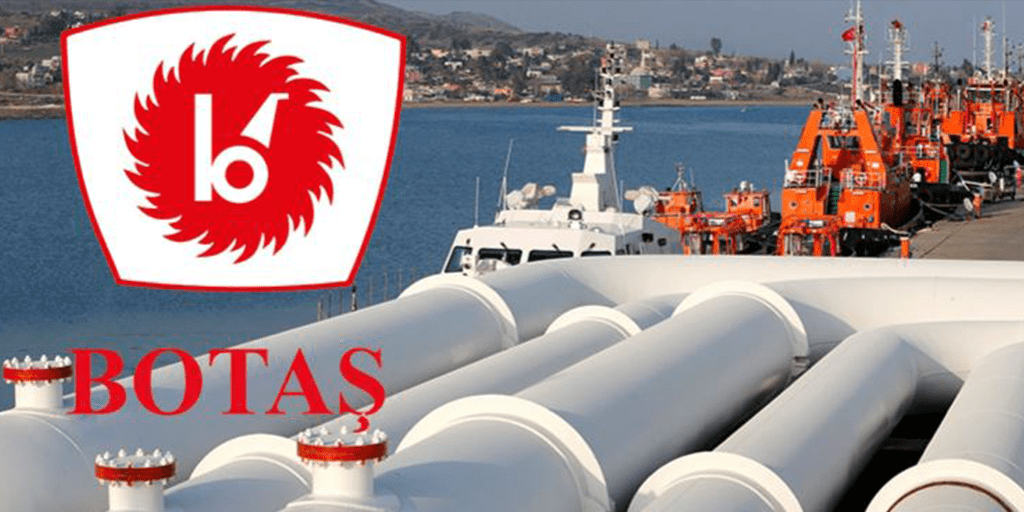
The Turkish Ministry of Energy prepared a draft bill incorporation with EMRA that aims to implement significant changes in gas, electricity, and renewable energy laws, particularly the unbundling of state-owned gas company BOTAS. The draft bill is expected to be finalized in October and to be adopted before the end of this year.
BOTAS is expected to be split into four entities by establishing two new joint-stock companies (JSC): Natural Gas Trade JSC and Natural Gas Infrastructure JSC. Natural Gas Trade JSC will undertake gas and oil imports, export, wholesales, and trade, while the transmission, storage, regasification, and other related services and assets will be transferred to Natural Gas Infrastructure JSC.
The existing sister company, BOTAS International JSC, will continue with its oil-transmission activities.
These two newly established companies, whose capital will be provided by BOTAS, will sign transfer protocols with BOTAS within six months after their establishment. The draft bill stipulates that long- and medium-term natural gas-import contracts and related licenses will remain with BOTAS, excluding spot-import licenses. However, it allows the transfer of these contracts and licenses to the newly established trading company upon the consent of sellers. If BOTAS cannot transfer its contracts to the new company, it will be obliged to transfer the imported gas volumes to it at the entry points. The draft also restricts BOTAS from signing new contracts and prevents the extension of existing contracts.
The draft law allows private companies to conclude new import contracts in accordance with the procedures and principles to be determined by EMRA in consultation with the Ministry of Energy. It also repeals the current article of the gas market law that does not allow companies to sign contracts with existing exporting countries.
Market share of new company will be limited to 50%
The draft bill stipulates that the market share of the new trading company will fall below 50% at the end of the fifth year following the adoption date of the law. It also authorizes EMRA to regulate compulsory gas sales of this company to the spot market.
According to the draft bill, existing flexible-licensing procedures will be valid to spot contracts with a maximum duration of five years. The spot pipe gas importers offering longer contracts will be subject to the licensing procedures of the long-term importers.
Energy ministry to determine level of liberalization in the gas market
Reducing the market share of the Natural Gas Trade JSC to at least 50% at the end of the first five years is considered an opportunity to increase the private company's share in the gas trade. However, the draft bill authorizes the Ministry of Energy to take all necessary measures for gas-supply security and leaves the level of liberalization to Ankara's policies.
The ministry will have to prepare Turkey's National Energy Plan by consulting the strategy and budget department of the Presidency and EMRA, and the plan will be updated every five years. This plan will be decisive for the measures needed to enhance supply security.
Subsidy will be made without interfering with prices
One of the most important provisions of the draft bill aims to change the subsidization mechanism in the gas market. The subsidy will be done without interfering with prices in case the state decides to subsidize a group of consumers or consumers living in certain regions.
The amount and the subsidy procedures will be determined by a presidential decree and will be paid from the budget of the relevant institutions.
Changes in renewable investment scheme
The draft bill includes some important changes in the electricity market and renewable energy legislation. The proposal allows renewable energy power plants to benefit from the domestic contribution fee for their capacity extensions made after June 30, 2021.
The draft bill stipulates that connection-capacity auctions held by TEIAS be made with down-bidding from the price that EMRA will set and that the price will be capped by two times the average day-ahead market price of the last 12 months.









